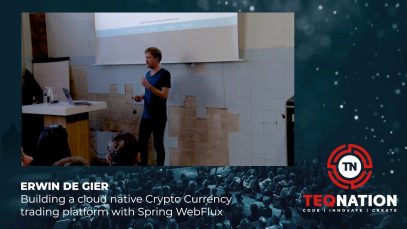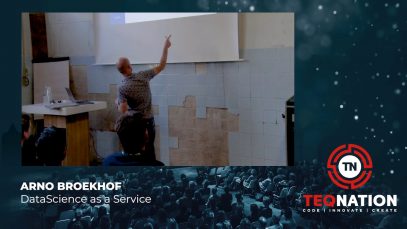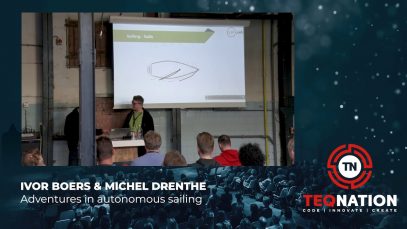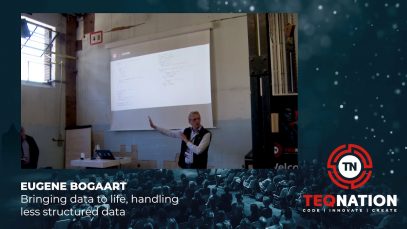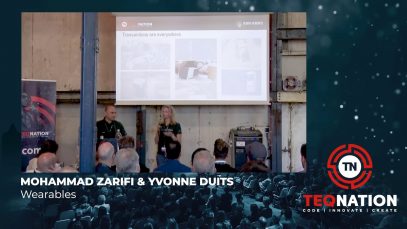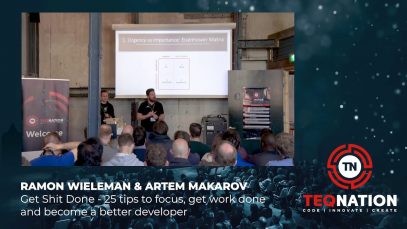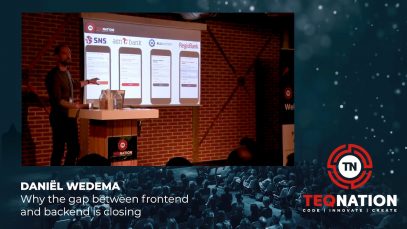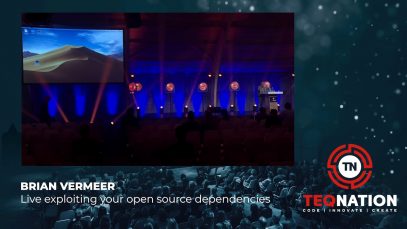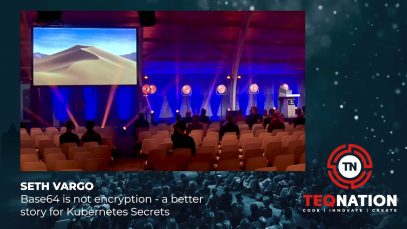TEQnation 2019: Erwin de Gier – Building a cloud native Crypto Currency platform with WebFlux
Full title: Building a cloud native Crypto Currency trading platform with Spring WebFlux Using events is a powerful alternative to REST-based communication in microservices. However, it comes with its own challenges: For instance, dealing with eventual consistency, synchronisation of state, and writing code which can handle asynchronous business logic. In this talk we explain how […]




